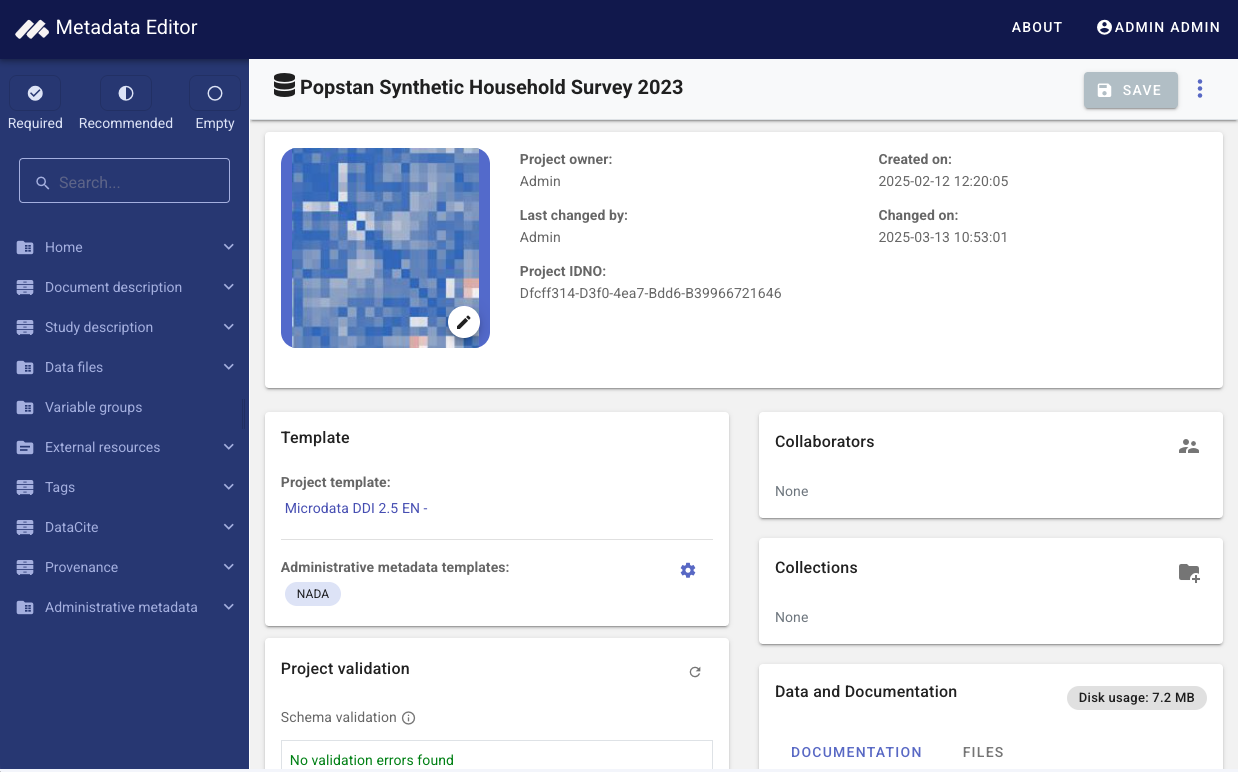
Known for providing loans, grants, and advisory services to developing countries, the World Bank is an influential international financial institution that focuses on reducing poverty, improving infrastructure, and promoting sustainable economic growth.
To achieve said goals, the World Bank works closely with governments, civil society, and the private sector to strategize, design, and fund development projects across diverse fields.
A recent announcement sees them venture into the open source space with Metadata Editor, an internal tool of theirs.
Metadata Editor: What to Expect?

As a web-based tool, Metadata Editor helps users create and manage metadata, the detailed information that describes datasets. Using it ensures that data is well documented, making it easier for anyone to understand, share, and reuse.
Open sourced under the MIT License, Metadata Editor was originally created to help World Bank teams manage statistical metadata in line with their Development Data Quality Policy.
Soon after, they realized that the tool had much more potential beyond their use cases, as others showed interest in adopting and adapting it for their own data documentation needs.
Two organizations, PARIS21 and INEGI, have already joined up with the World Bank to collaborate on improving and expanding the Metadata Editor, helping adapt the tool for wider use.
Currently, it supports metadata standards like:
This release is underpinned by a new institutional licensing framework that enables the World Bank to share software developed through public funding while maintaining its unique legal protections.
During the announcement, World Bank stated that:
Until now, the Bank’s ability to release software was limited by legal and procedural complexity. Each release required custom legal terms and ad hoc reviews. The new licensing framework replaces that model with a clear, repeatable structure—enabling more teams to share tools openly, efficiently, and at scale.
To ensure implementation is consistent and sustainable, the Bank’s Open Source Program Office (OSPO) ([email protected]) provides support for internal teams releasing software.
Want to Check it Out?
You will find both the source code and documentation for Metadata Editor on GitHub. There are detailed instructions on how to install, configure, and customize the tool to fit different organizational needs.
Suggested Read 📖

- Even the biggest players in the Linux world don't care about desktop Linux users. We do.
- We don't put informational content behind paywall. Your support keeps it open for everyone. Think of it like 'pay it forward'.
- Don't like ads? With the Plus membership, you get an ad-free reading experience.
- When millions of AI-generated content is being published daily, you read and learn from real human Linux users.
- It costs just $2 a month, less than the cost of your favorite burger.
Become a Plus Member today and join over 300 people in supporting our work.











